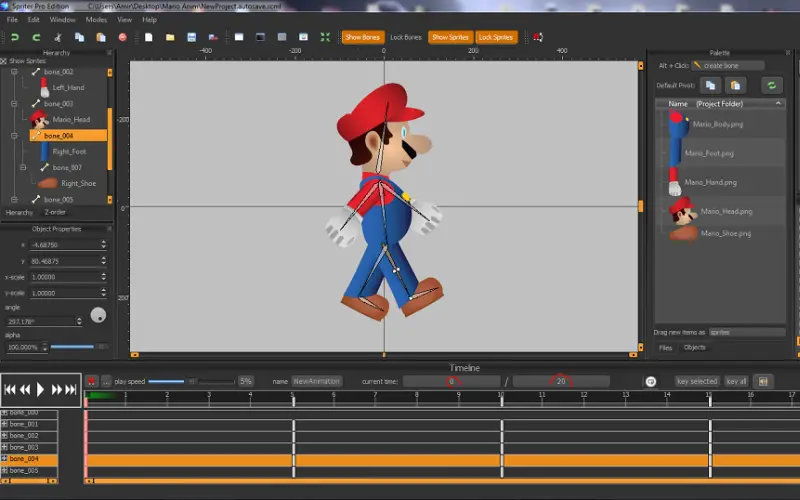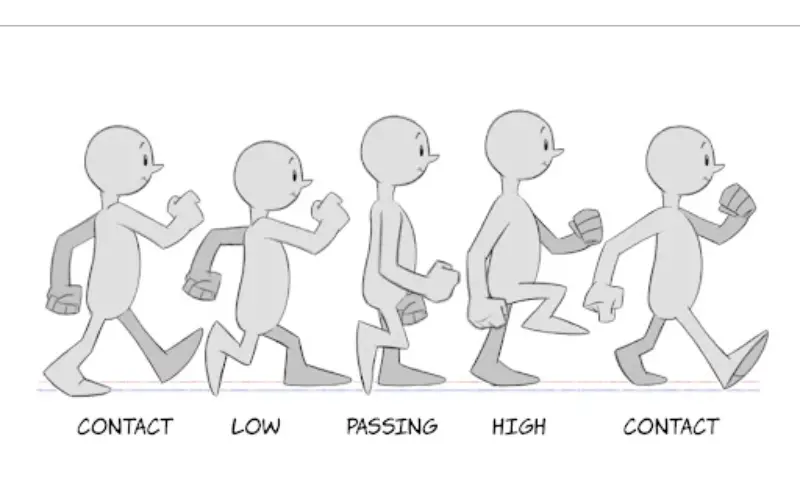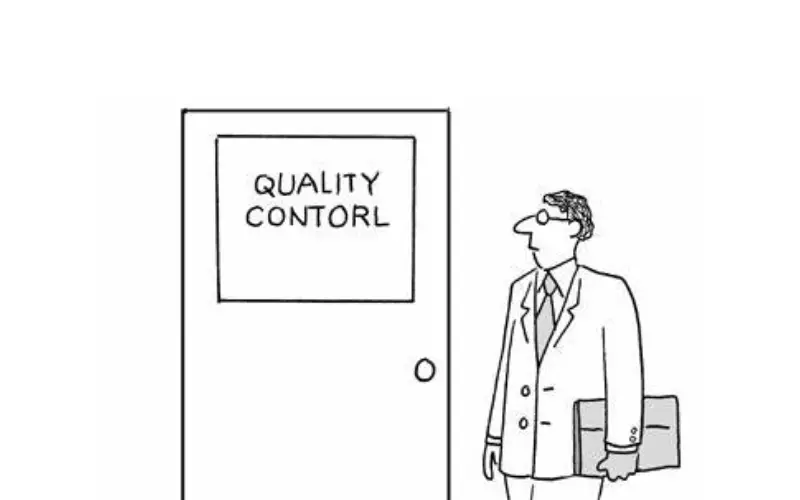An animator is a professional person who specialises in bringing imagination to a screenplay through the image of illusion. They use skills, techniques, storytelling skills, and the ability to create visually captivating animations. There is a lot of practice, from traditional hand-drawn animations to cutting-edge digital tools, to create impressive characters, dynamic environment, and object that makes the audience feel the connection. To be a skilled animator, being industry-ready is quite challenging. These standards contain a set of guidelines and mastering the fundamental principles of animations such as timing, exaggeration, squash, and stretch with a perfect balance in artistic vision. Let’s explore these skills and standards for animators in industries.
1. Strong Drawing Skills
One of the basic needs of an animator is to have strong drawing skills to create creative characters and environments. These skills include drawing in 2D and 3D and different art styles. Drawing is the basis of animation; drawings must be expressive so that people can connect with the characters.

2. Knowledge Of Animation Software
The next step for animation in this modern world is understanding high-end animation software to create animations. Animators must know how 2D and 3D software works; this software also provides sculpting, rigging, energy, and rendering with texture modelling. These parts are a must to learn with animation software.

3. Understanding Animation Principles
When discussing animation techniques, animation principles are at the top to focus on. Animation principle includes the timing of the frames, spacing of drawing in frames, exaggeration of the movement, squash, stretch, and follow through. With these principles, animation is liked by all viewers.

4. Ability To Work Independently And As Part Of A Team
Sometimes, Animator needs to work independently of their teams to meet deadlines and produce high-quality results. Animator also needs to be team efficient and able to work with the team to collaborate with animators, directors, and producers and also represent the team for their work.

5. Attention To Detail
Animators must have a keen eye for detail to create high-quality work. Details include paying specific attention to details, like characters’ anatomy, proportions, the perspective of the scene, lighting to give a particular look, and components to the characters’ facial expressions.

6. Creativity
Creativity is a must for Animators because it is the only skill that makes you overcome the art block of artists. Creativity is the skill to think similarly with different perspectives and styles. Animators have to come up with new and innovative ideas for their work. They also need to think outside the box.

7. Problem-solving Skills
Animators have to solve their problems to complete their work. Basic problem-solving must be independent of others’ help; problem-solving include software error, hardware troubleshooting, and even creative problem solution. Problem-solving can aid in resolving issues faced in different environments.

8. Communication Skills
Communication is essential for every aspect of professional life. Communication includes expressing your thoughts and ideas to work efficiently. Animators must communicate effectively with other members of the teams, directors, producers, and clients. Without communication, there will be no efficient work life and process.

9. Time Management Skills
Animators are very skilled people who efficiently manage time to do their work productively. They plan their work day ahead of time. They follow an exciting way to improve their discipline: they lock themselves up to achieve their small goals of the day or deadline. When animators know how to manage their time, they overcome their most significant hurdle for the work.

10. Adaptability
In any professional work, you must adapt to the various work environments to prevent any casualties for you and your assignment. Animator has to be adaptable to new trends to keep up with the industry in techniques and digital software for the work. An adaptable Animator can be a versatile asset to the organisation and industry.



















